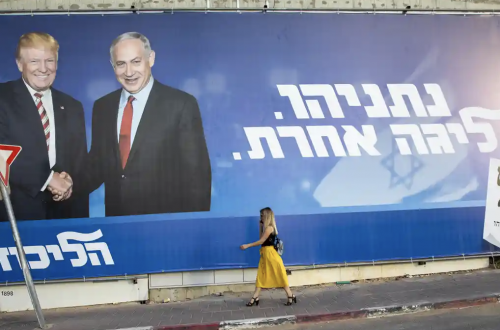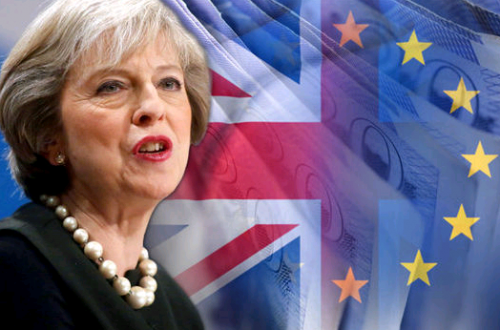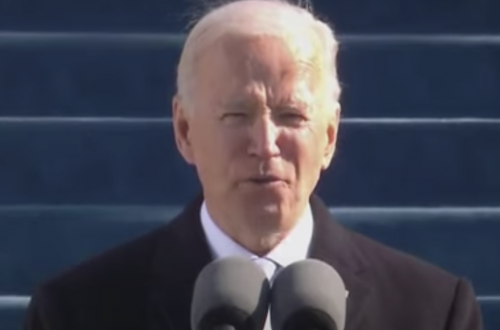Dr Rim Turkmani is a British-Syrian astrophysicist at Imperial College London and a sometime commentator on Syrian affairs. Up until recently, she was the co-chair [correction – a director] of the British Syrian Society, which claims to work:
“consistently and very effectively to foster relations at all levels between Britain and Syria through a wide range of social, cultural, business and other public events both in the UK and Syria which include lectures, conferences, seminars and exhibitions.”
The founding co-chairman of the Society is Dr Fawaz Akhras, a London-based cardiologist, who also happens to be Asma al-Assad’s father. As The Guardian described him about a year ago:
“Informally, Akhras plays a role as gatekeeper for Assad, vetting British journalists who wish to interview the president. He is close to the Syrian ambassador to Britain, the economist Sami Khiyami, who serves with him on the advisory board of the Centre for Syrian Studies at St Andrews University.”
[…]
A journalist who met him at a dinner discussion about Iraq recalled: “Akhras pulled out some written notes and began by saying he was only a humble doctor and not an expert on Middle East politics, and here was his personal opinion … what followed was a pure Ba’athist line straight from Damascus.”
According to Assad regime emails that were hacked by cyberactivist Anonymous, Akhras also believes that Mossad was responsible for 9/11.
Turkmani is something of a package deal. She is very active in Arab charity groups in the UK alongside her husband Chris Doyle. Doyle is the executive director of the Council for Arab-British Understanding (CAABU).
Together, Turkmani and Doyle serve as trustess of the Damask Rose Trust, which claims, according to the UK Charity Commission, to “support welfare and development projects in Syria and [to promote] appreciation of Syria’s cultural heritage among British audiences.” Yet Damask Rose has received its “core cost donation” from Gulfsands Petroleum, a UK oil company that was recently forced to clarify and then suspend its relationship with various business holdings of Rami Makhlouf, Bashar al-Assad’s billionaire industrialist cousin who has been sanctioned by the United States and European Union for being complicit in the regime’s violence. Makhlouf owns or owned a 5.75 per cent minority stake in Gulfsands. In August 2011, the Telegraph reported:
As well as Mr Makhlouf’s stake in the company, Gulfsands also rents an office from him in Damascus and does business with one of his companies, Ramak, which has provided “various support and administrative services” to its Syrian oil field operations.
The fees to Ramak, shared between Sinochem and Gulfsands, are about $250,000 (£153,000) per year, plus “milestone payments” of $270,000 from Gulfstone when targets are reached. Ramak is entitled to 2.5pc net profit interest from production and began to receive this payment last year.
Post-sanctions, Gulfsands claimed to have severed ties with all Makhlouf interests.
But watching Turkmani and Doyle’s response to the Syria crisis is interesting. At the start of the uprising, Turkmani mainly towed an apologetic line, insisting to the BBC, for instance, that Assad’s security forces were doing all they could to prevent harming women. Doyle’s primary response — after suggesting that Syrians don’t want foreign intervention, a claim that now seems complicated by a mountain of evidence to the contrary — was to use the Guardian to criticise the hosting in parliament of Ribal al-Assad, the son of Rifaat al-Assad, Hafez’s brother and the man universally blamed for planning and perpetrating the Hama massacre in the 1980s. After a falling out with the regime, Rifaat fled Syria (he’s now in Spain) and has tried to rebrand himself as a pro-democracy activist, using his son as the polished and presentable vehicle for such efforts. That Ribal was hosted by MPs in Commons is indeed a scandal but also a sign of how deep the Syrian Ba’athist penetration is into polite British society. That Doyle should be the one to point this out is quite ironic.
So by July 2011, after many high-profile atrocities had already been committed by Assad, Doyle was more or less playing it safe — attacking a pseudo-oppositionist whom the regime would have no problem seeing discredited in the Western press. (Doyle was rumoured to have been hit with a libel writ by Ribal for the Guardian piece.) However, just a few months earlier, Doyle was still able to describe Fawaz Akhras as “a pretty decent man. He’s in a very difficult situation as the father-in-law of the president so everything he does is pored over. He’s totally aware of that. He is very careful, as he has to be.”
So do Doyle and Turkmani. Since the Syrian crisis has escalated and the massacres have continued, this husband-and-wife team have attempted to reinvent themselves as genuine opponents of the regime they once worked cheek-by-jowl with in various “charitable” projects. They have begun to espouse slightly more and more the narrative of the revolution, although nowhere near to the point that would find favour by the Free Syrian Army, the people of Homs, and the now semi-recognised Syrian National Council. Mainly confined these days to writing tongue-clucking letters to the editors of various publications calling for an international response to the crisis, Doyle opposes sanctions on Syria, the arming the opposition and establishing a “safe zone”.
Turkmani, meanwhile, has scrambled to transform her image as that of a close chum of the Syrian First Family to that of an ally of the Syrian people. She is now a mouthpiece for Louay Hussein, a Damascene who is president of “Building the Syrian State”, a late initiative which rejects foreign intervention or the use of force to topple the regime. Even now, it insists on passive resistance. Perhaps for this reason, Building the Syrian State’s “general committee” consists of 10 people: 5 within Syria, and 5 without.
Doyle has referred to this group as a viable opposition movement in a more recent Guardian piece, neglecting to mention his wife’s role as Building the Syrian State’s public relations officer.
Here’s another funny thing. Doyle’s Council for Arab-British Understanding (CAABU) has just announced that it has run out of money.


